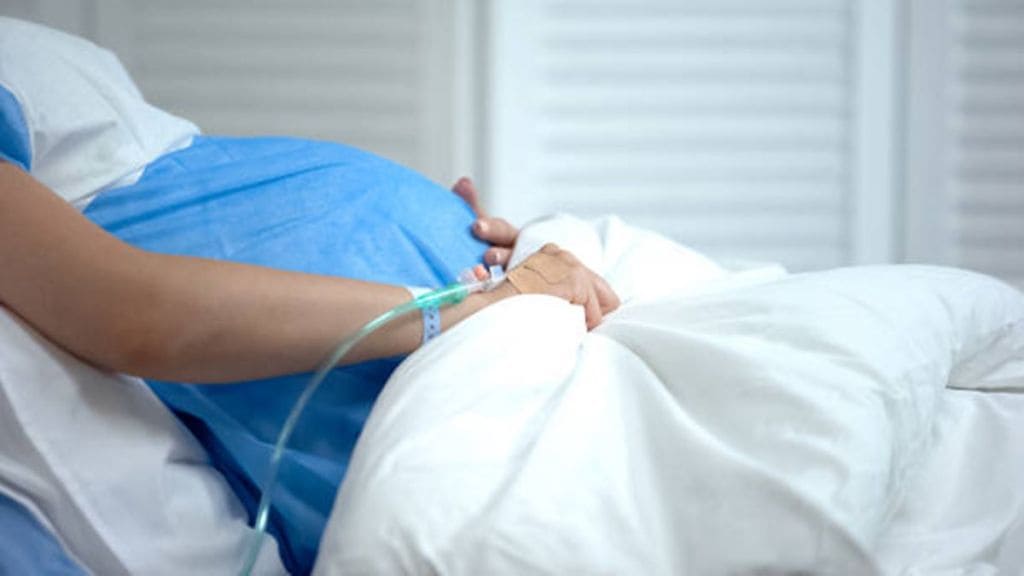Pregnancy leads to immense physical and emotional changes. According to the Center for Disease Control and Prevention (CDC), living a healthy lifestyle and getting proper care before, during, and after pregnancy can lower your risk of pregnancy complications.
During this period, it is essential to take certain lab tests to make sure that both mother and child are healthy. Some of these tests are done with a blood sample while others use a urine sample or a sample of fluid taken from your vagina, cervix, or rectum.
According to experts, these tests can detect the conditions that may lead to an increased risk of complications not just for the mother but also for the foetus. Currently, there are various types of tests for pregnant women like pregnancy confirmation tests, routine screening tests, and diagnostics tests.
Here are the top 10 tests that are essential for every women:
- Blood group and Rhesus compatibility screening: This test will detect if the woman is type A, B, AB, or O and if they are Rh negative or positive. This is extremely important in case of emergency like heavy bleeding at the time of birth.
- Rubella antibody status: This test recognises women who have not been immunized or have reduced immunity and have higher chances of contracting rubella.
- Screening for sexually transmitted infections: All pregnant women should be tested for syphilis and chlamydia early in pregnancy. The screening is important, as a baby born to mothers infected with syphilis can be stillborn. Human immunodeficiency virus (HIV) screening is crucial and all pregnant women should be screened for HIV.
- Dual marker test: Pregnancy-associated plasma protein-A screening (PAPP-A) is done in early pregnancy, and its abnormal levels are linked to a higher risk for chromosomal defects
- Test for Urine infection: All pregnant women should have a midstream urine culture at first and again in the second trimester and then at 36 weeks gestation, to exclude a sub-clinical urine infection.
- Group B streptococcus test: Group B streptococcus (GBS) is most commonly found in the vagina and rectum of women and can pass from a pregnant woman to her baby during labor. Consequently, it is important to take a vaginorectal culture at 35 to 37 weeks gestation can rule out GBS infection.
- Triple Marker Test: A triple marker test looks at the levels of Alpha-fetoprotein screening (AFP), and two pregnancy hormones, estriol and hCG to determine the presence of any chromosomal abnormalities in the baby.
- Genetic Screening: This test will help in detecting genetic disorders like Cystic fibrosis, Duchenne muscular dystrophy, Hemophilia A, Polycystic kidney disease, Sickle cell disease, Tay-Sachs disease, Thalassemia etc. before birth.
- Ultrasound scan: A screening ultrasound is done during the course of your pregnancy to check normal fetal growth and verify the due date.
- Amniocentesis: In this test, a small sample of the amniotic fluid is taken. It is done to diagnose chromosome problems and open neural tube defects (ONTDs) such as spina bifida.









